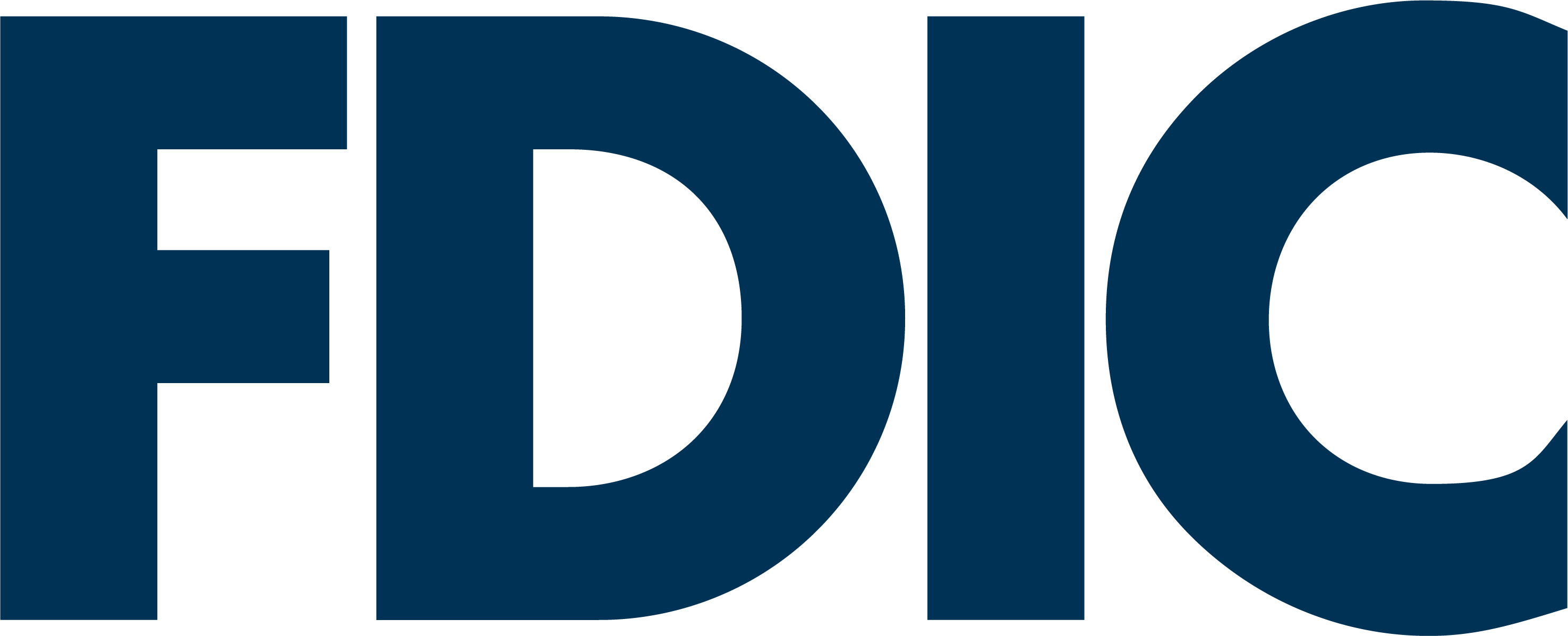Home Loan Refinance Calculator
Cash Out Refinance Calculator
Resources
When It Makes Sense to Refinance Your Home
Which is more important, Rate or APR?
Interest Rates Explained
Frequently Asked Questions
Ask your mortgage lender about your options.
- Get a lower interest rate
- Eliminate the expense of Private Mortgage Insurance (PMI)
Get Seven Tips for Improving Your Credit Score.
Keep in mind that when you refinance, you’ll likely need to cover the cost of closing costs and fees.
- Covering unexpected financial challenges
- Dealing with emergencies and medical expenses
- Facilitating major life changes like getting married, starting a family or caring for aging parents
- Consolidating higher-rate credit card debt
- Lower your interest rate
- Reduce your monthly payments
- Shorten your loan term
Learn more about HELOCs and HELoans: Should You Consider a HELOC or HELoan?
The interest rate on an adjustable-rate mortgage (ARM) can chane over time. Usually, the rate is lower than the market rate for the fixed-rate period of the loan typically seven to ten years, and then it’s adjusted on a set schedule based on the current market rate.
The schedule will be in your loan terms. Adjustments may be madeevery six months. Some ARMs come with a cap on how much interest you’ll be expected to pay so you have an idea of how high your payment may rise.
- The information presented in these calculators is for general and educational purposes only, and is not intended to provide legal, tax, lending or investment advice. Loan scenarios are not an application and not a commitment to lend. This information is meant to serve as estimates and may vary depending on certain conditions and restrictions. Annual Percentage Rates used within this tool are strictly informational and may not be the current advertised rates. Rates provided may be higher or lower and are in no way a binding agreement with United Community Bank.














